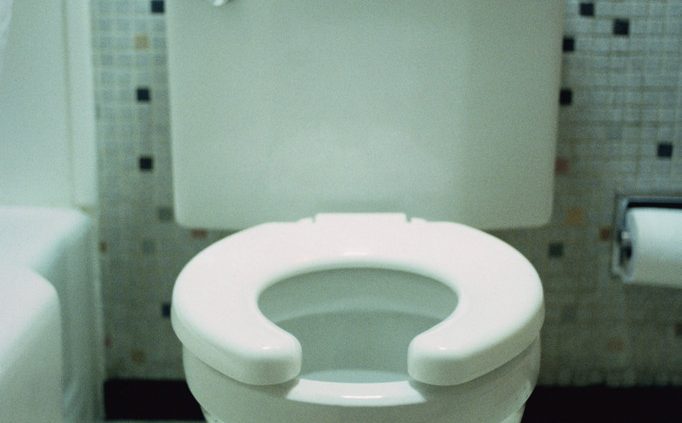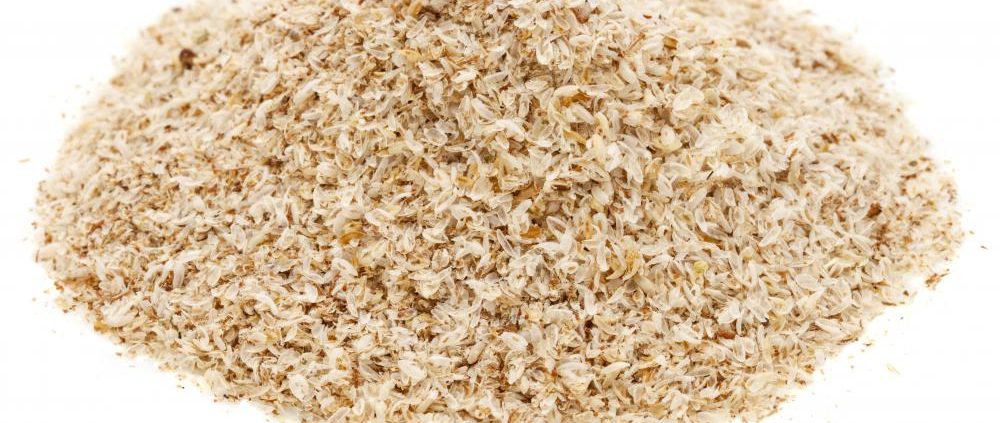Why fuss about digestive health?
I love talking about poop. (Excuse me – bowel movements.)
I know it’s kind of a taboo thing to state so matter-of-factly where hundreds of you could potentially read that statement, and, believe me, people frequently tease me about my unusual fascination with the subject, but I guarantee you this: if you spent as much time as I do researching how much of our health hinges on digestive wellness, you’d love talking about poop, too.
Keep reading this blog post to learn:
- exactly why I have such a deep reverence for digestive wellness
- what your bm’s might be saying about your overall health
(Also keep reading to experience two very short, ridiculous poems about gut health brainstormed by my brother and sister-in-law on a quiet day of fishing last summer.)
When I first began my health coaching career in 2005, my sole goal was to help people feel better and learn how to take great care of themselves. I didn’t give a second thought to whether I was going to “specialize” in any particular niche. I worked with clients around weight loss, cancer, autoimmune diseases, depression, etc. You get the picture. Guess what I noticed: Digestive distress was a common theme with a startling number of my clients, even if it wasn’t the primary reason they sought out my services.
That’s when I became keenly interested in the shape, size, frequency, and color of one’s do-do.
It’s important to remember there are no walls in the body. We love treating health concerns as if we have separate internal compartments, but we don’t. Each system in the body impacts the other systems, and the influence of the digestive tract is vast. I often refer to the digestive tract as our “river of life.” If that river is clean and flowing freely, it will be a source of nourishment and health for everything around it. If it’s dirty and sludgy, it’ll be a source of toxicity.
Simply put – good health begins with good health in the gut.
Every one of us has heard the saying, “You are what you eat.” Well, over the past few years that saying has morphed into a much nerdier (and less catchy) phrase, “You are what you absorb,” which many of us in the integrative/functional/holistic world embrace. What does that statement mean? It means you can eat the best food in the world, but if there’s a breakdown in the digestive process leading to poor nutrient absorption, there will be consequences. You’ll have to deal with the downfall somehow, sometime, somewhere in the body.
Come. Revel with me. Here are just a few astounding facts about your gut:
- The surface area of the GI tract is the size of a tennis court – about 300 square meters.
- Your gut quite literally functions as your second brain; it is formed from the same cells as the brain during development. When we “feel something in our gut,” that’s real information we should pay attention to.
- 70-80% of the immune system is located in and around the digestive system.
- More neurotransmitters are made in the gut than in the brain; we make 80-90% of our serotonin – the “feel-good hormone” – in the gut.
- The human microbiome project has shown there are ten times more bacteria in the body than cells. In fact, some people say we are really only 10% human given this data! The project found that protein-coding genes in the bacteria in our intestinal terrain are 360 times more abundant than human genes in the body. This means that the genetic makeup of the microbiome (a fancy name for the intestinal ecosystem) has a greater influence on an individual’s health than the intracellular genetics of the individual.
- Intestinal permeability, or leaky gut, in which the gut lining becomes weak and loose, is now thought to be one of the primary underlying reasons for the onset of autoimmune diseases and mental illnesses.
Now for some reflection on your own digestion and do-do. Here’s what your poop might be saying about you:
If your poop looks like rabbit pellets, you’re constipated. You might be dehydrated, your intestinal lining might be dry and not slippery enough, or perhaps you aren’t eating enough fiber overall. You may also have an imbalance in the good bacteria and bad bacteria living in your gut. This is called gut dysbiosis. If you poop fewer than 3 times a week, you’re officially constipated, but most experts agree having 1-3 bm’s DAILY is optimal. Yes, daily.
If your poop looks like a sausage or a brown banana, congrats! You’ve got a winner. (P.S. I’m sorry if this changes how you think about sausages or bananas.)
If you experience diarrhea or frequently have loose stools, your food is moving through you too quickly and you’re not absorbing adequate nutrition from it. Very, very often this is because you are eating something you are sensitive to like dairy, gluten, corn, or nuts, although it can also be a sign of a serious bacterial imbalance or a pathogenic infection.
If you burp or pass gas frequently after meals, it likely means you have low stomach acid and aren’t breaking down your food properly. That or you simply didn’t take enough time to chew your food until it was liquid. Remember – 30 chews per bite of food makes digestion smooth! Same thing if you experience heartburn or see undigested food in your stool.
If you consistently bloat after meals, it’s time to start sleuthing around for the underlying reasons because it’s not normal to bloat after eating. Perhaps you are eating foods your body doesn’t like, or you’re lacking the enzymes and stomach acid needed to break your food down properly, or you have a bacterial imbalance again. The reasons for bloating can be numerous; it can take some detective work to figure it out.
Conclusion:
It may sound dramatic, but life becomes way more enjoyable when you and digestive system aren’t at war with one another. Helping clients improve their digestion has been more satisfying than I ever imagined. I’ve seen clients start traveling again or attending yoga classes because they restored trust in their bodies.
Remember, imbalances in the intestinal terrain may lead to other, more complicated health concerns down the road. Resolve to deal with them now rather than waiting. And on that note, I’ll leave you with two short promotional poems my brother and sister-in-law brainstormed for me last summer while fishing on Lake Kabetogama:
“When your guts are in a bind
and relief is hard to find,
call Claudine!”
“If your bowels are smelling foul,
and you need the scoop on poop,
call Claudine!”
(Yes, it probably goes without saying, it was a very slow day fishing.)
Love,
Claudine



Follow